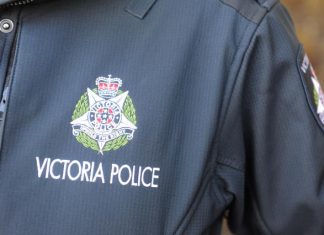BRENDAN Lynch doesn’t often speak about his service in Vietnam.
But tomorrow, the Werribee RSL welfare officer will proudly march alongside his fellow veterans and take a moment to remember the importance of what they achieved.
Mr Lynch was posted in Vietnam in 1970-71, leaving behind his wife and two young sons.
He served as part of an air transport crew operating out of Saigon airfield and was responsible for moving cargo, troops, animals and locals up and down the country.
Having joined the Royal Australian Air Force at 17, Mr Lynch didn’t object when he was called on to serve in Vietnam, viewing it as part of his job.
But his experiences on returning to Australia taught him that many people had a different opinion about the war and didn’t understand what soldiers had gone through.
Over the years, Mr Lynch discovered that only fellow Vietnam veterans could relate to what he experienced.
“When I speak to people I don’t mention I went to Vietnam,” he says.
“Veterans tend to stick together because we are the only ones that understand what we experienced.
“It was a very different time when we came back. The population didn’t appreciate your service. It was an emotional time because you did what you thought was right and you found your fellow Australians treated you like you had a disease.”
Tomorrow, Mr Lynch will take part in the Werribee RSL’s service at the Watton Street cenotaph at 6.30am, before travelling to the city to march in the Anzac Day parade.
He said he was proud to see younger generations embracing Anzac Day and honouring the sacrifices veterans made for their country.
“As the years have gone by, the crowd has got bigger but I am still not happy about the ignorance some people have of the day. There are some people who don’t know what an RSL is.
“We need to educate people better. We are all individuals and we all experienced the war differently. We all have stories to tell.”







